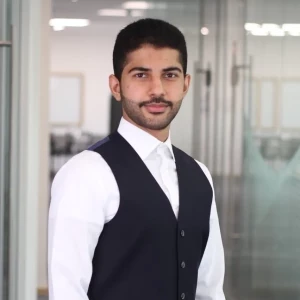Hi,
I would prepare in the same way for both roles. Interview difficulty will be the same, though the acceptance rates depend very much on a country, particular office, and your school:
- I've seen many times a situation when BAs were overprepared (case clubs very popular among students), while experienced hires were underprepared (lack of time and information about consulting interviews). In this case, the competition among BAs applicants was much tougher than among associates.
- It depends on the org pyramid in the particular office. For example, there may be enough BAs but not enough associates, so the acceptance rates for associates will be higher.
- MBA hiring is different for different schools. For example, at Stanford and Harvard, you can meet many people with 2-3 MBB offers, while it's not the case in other business schools. I also can't say that people doing MBA have lots of time to prepare. I believe that brand matters and they hire more people in top schools in general.
Best













